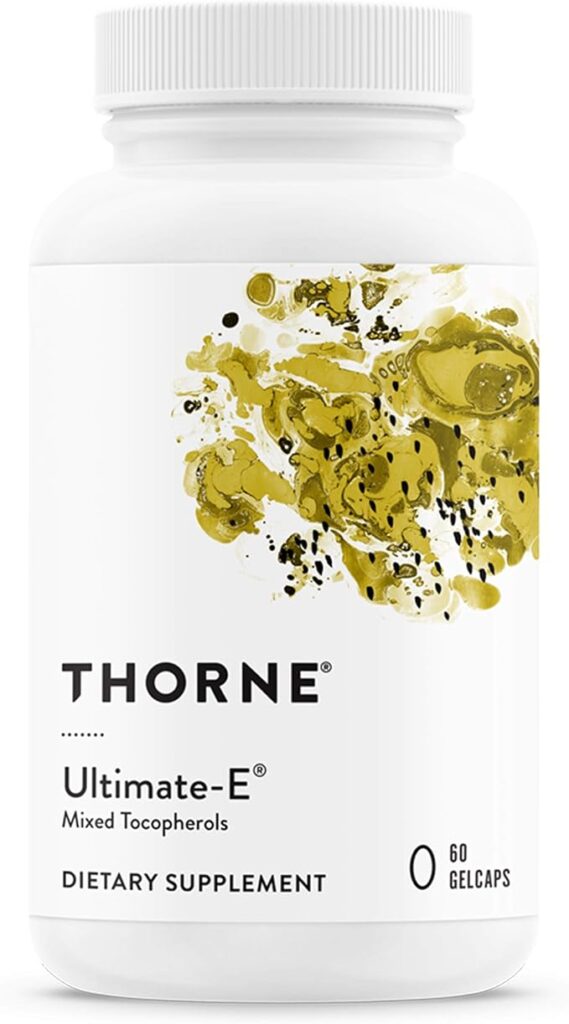As children, we’re taught that Vitamin D is critical for our bodies, mainly for building strong bones. But it turns out it’s good for a whole lot more than that. Recent research shows the right amount of vitamin D can actually help lead to remarkable improvements in our health. But how much is enough, or too much, and what kinds of health improvements are we talking about here?
The Health Benefits of Vitamin D

The National Institutes of Health, or NIH, recommends a daily dose of 600 IU, or 15 mcg, of vitamin D supplements. They warn that higher doses could be dangerous in some people, but experts now say they could be beneficial.
Researchers have documented health improvements in certain patients who took high daily doses of vitamin D, ranging from 20,000 to 60,000 IUs, for several years. For example, in one case, a patient with asthma attacks went from five or six severe exacerbations a year to just one each year over a period of several years. Another patient saw a dramatic improvement in his extensive psoriasis. A third patient’s ulcerated hand lesions shrank dramatically with increased vitamin D. The clinical outcomes were great. Still, in these studies, their vitamin D doses weren’t in the range the NIH considers safe.
Refining the Daily Dose
The NIH suggests 600 IU daily, but it also says a tolerable level would be up to 4,000 IUs daily. More than that would exceed their limits. However, some leading experts say those recommendations aren’t enough for optimal health. Some say it should be closer to 10,000 IUs a day. They say the recommended amounts are based just on the best calcium absorption for bone health, but they believe a dosage adjustment could lead to improvements in other critical roles vitamin D plays in our bodies.
Playing with vitamin D levels in the body can definitely impact different patients in different ways. Doctors now believe that patients with specific pathologies will react well to higher doses of vitamin D than those who don’t have similar medical issues. In some cases, they even saw recovery with patients struggling with seemingly incurable diseases.
What Other Roles Does Vitamin D Play?

Nature Made Vitamin E 267 mg (400 IU) d-Alpha, Dietary Supplement
$14.29 (was $16.39)

THORNE Ultimate-E – Contains All of The Natural Forms of Vitamin E
$49.40 (was $52.00)

Vitamin D is important to several organs and bodily processes, including parathyroid hormones, calcium levels, genetic pathways, and interactions with immune cells, neurons, pancreatic cells, and other bodily functions. If you don’t get enough vitamin D, it could be detrimental to your health, from cardiovascular diseases, diabetes, hypertension, cognitive impairment, cancer allergies, infections, and autoimmune diseases.
Experts say it helps regulate immune cells to reduce inflammation and activates the ones that counteract autoimmune responses. However, people with immune issues may have vitamin D resistance and need higher doses to increase their serum levels to the correct range.
Another way vitamin D could help is to lower cancer progression and mortality. Some studies show that not getting enough has also been a potential risk factor for cancer. Now, research shows vitamin D can decrease cancer risk. Not only does it influence cells, but it could also prevent mortality by reducing the development of new blood vessels to sustain tumor growth and limit metastasis. It’s unclear if it helps with all cancers, but in some cases, high-dose vitamin D intake contributed to cancer remission.
Vitamin D and the Brain
There has also been a success with brain health and increased vitamin D. Inadequate levels have been linked to a higher likelihood of developing certain neurological disorders, from anxiety to Alzheimer’s disease to autism and Parkinson’s. Research shows vitamin D is critical in regulating chemicals in the brain that promote the growth and survival of neurons in the cortex and hippocampus. Those parts of the brain drive critical functions like memory and cognitive processes, emotional processing, and complex motor functions. If you don’t get enough vitamin D for your mind, you could face brain fog until your levels are stabilized. It can be significant for other issues, too. In fact, one psychiatrist showed higher doses, like 5,000 IU each day, significantly improved symptoms in nearly 80% of children with autism.
How Can I Get More?

Sun exposure is the best way to get vitamin D, but that may be tough if you’re indoors most of the day. Taking supplements can help, too. You can look into plant-based vitamin D2 or animal-based vitamin D3. D3 is considered the preferred option because it’s absorbed by the body more efficiently and remains in the body longer. That said, more doctors tend to prescribe the D2 option because it’s more accessible.
No matter what issues you are having, before trying to increase your vitamin D levels, speak with your general physician. It’s important that your total health is considered before your doctor makes adjustments on just one thing, including your vitamin D levels, no matter what the potential benefits may be.
Read More:
Vitamin B12 Deficiency: Causes, Symptoms, and Solutions
Could one daily vitamin help you avoid Alzheimer’s as you age? A new study offers hope.







